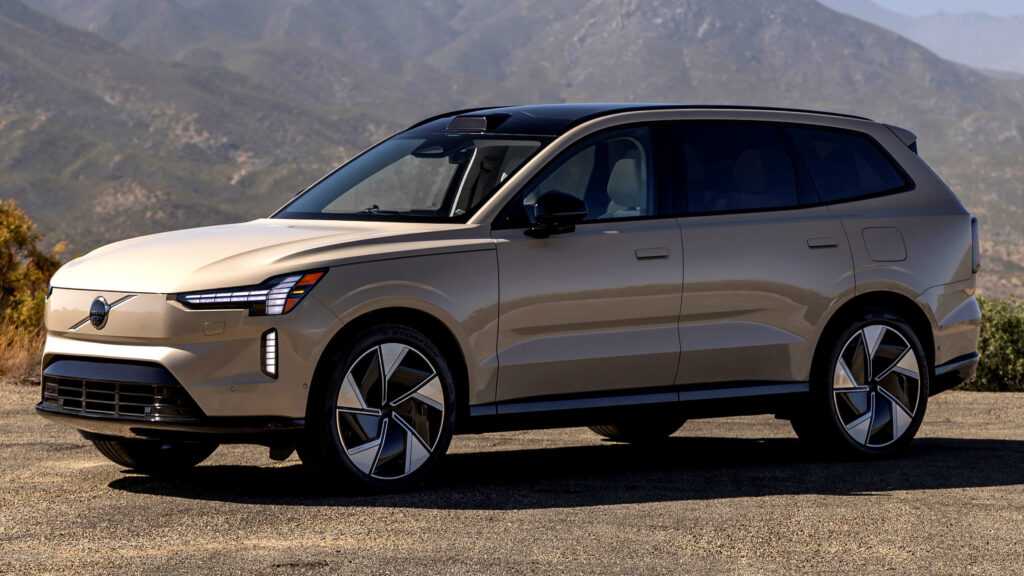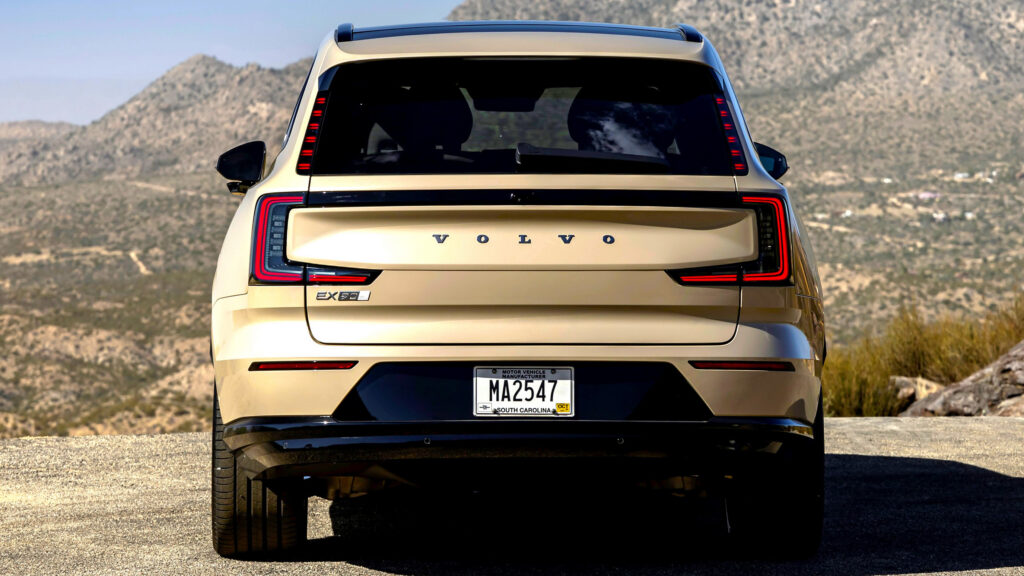Problems with the Volvo EX90 Electric SUV
The Volvo EX90 electric SUV, despite its advantages, is facing a number of problems during its launch. Persistent software malfunctions have slowed its debut and forced Volvo to make significant updates for the 2026 model.
Recall Details
In addition to software issues, Volvo is now facing a new recall in the United States for the 2025 model. According to a report from the National Highway Traffic Safety Administration, published on September 30th, a defect has been identified in the EX90’s tailgate which could pose a safety hazard.
Cause of the Malfunction
Volvo reports that the spindle nut may detach from the aluminum tube when the tailgate is open. If the tailgate’s power mechanism separates, the spindle could be released unexpectedly, leading to the doors shutting abruptly without warning.
The problem arose due to improper handling of parts at the supplier, where defective components were mixed with suitable ones.
The company first noticed a potential issue at the end of March, receiving a report about a tailgate spindle separation. A month later, a second incident occurred during internal testing, prompting a deeper investigation into the cause.

Next Steps
Owners of the affected models will be notified about the recall starting November 18th. Dealerships have received instructions for the free replacement of the tailgate power mechanisms.
To prevent the problem from recurring, Volvo reported that its supplier has automated the quality control process, using a robot to place defective parts in a sealed container, instead of allowing them to mix with approved ones.

Updates for Future Models
A few weeks prior to this, Volvo confirmed that the 2026 EX90 model will receive a new 800-volt electrical system, capable of charging at 350 kW, significantly exceeding the previous 250 kW limit. This update also promises improved performance and efficiency, indicating a more refined experience for drivers after overcoming the initial problems.
This recall underscores the importance of robust supply chains and quality control in the automotive industry, especially for new electric models that combine complex technologies. Volvo’s swift response and free repairs can help maintain customer trust, and the automation of processes at the supplier may prevent similar incidents in the future, ensuring vehicle safety and reliability.


 by
by 
